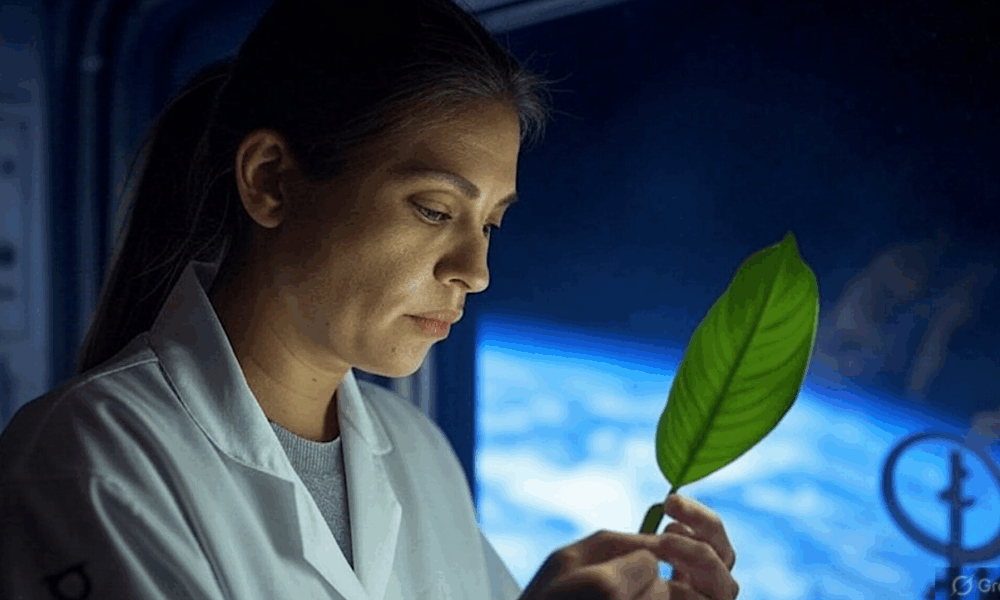NASA has published its latest findings on space life science research, detailing significant results from studies conducted aboard the International Space Station (ISS). The report, part of the NASA Spaceline Current Awareness List, was released on October 10, 2025, and highlights advancements in our understanding of astrobiology, space biology, and space medicine.
Researchers continue to explore the effects of microgravity on various biological processes. The studies focus on how living organisms adapt to the unique conditions of space, which may inform future missions, including long-duration travel to Mars and beyond. The findings are expected to have implications not only for astronauts but also for improving health outcomes on Earth.
Key Research Outcomes
The latest research indicates that microgravity can influence gene expression and cellular behavior in ways that are not yet fully understood. These insights are crucial, as they may uncover potential health risks for astronauts during extended missions. Investigators are particularly interested in how the absence of gravity affects muscle and bone density, immune function, and psychological well-being.
A significant focus of the research is on the role of microbiomes in space. Studies have shown that the microbial communities aboard the ISS behave differently than those on Earth. Understanding these changes may lead to better strategies for maintaining crew health during long missions.
Accessing the Research
Researchers and the public can access abstracts of the studies via PubMed or the publisher’s website, where available. These resources provide a comprehensive overview of the methodologies and findings, contributing to the growing body of knowledge in space life sciences.
As NASA continues to explore the complexities of life beyond Earth, these findings represent a crucial step in preparing for future explorations. The ongoing research not only supports human spaceflight but also enhances our understanding of life in extreme conditions, paving the way for new scientific breakthroughs.







